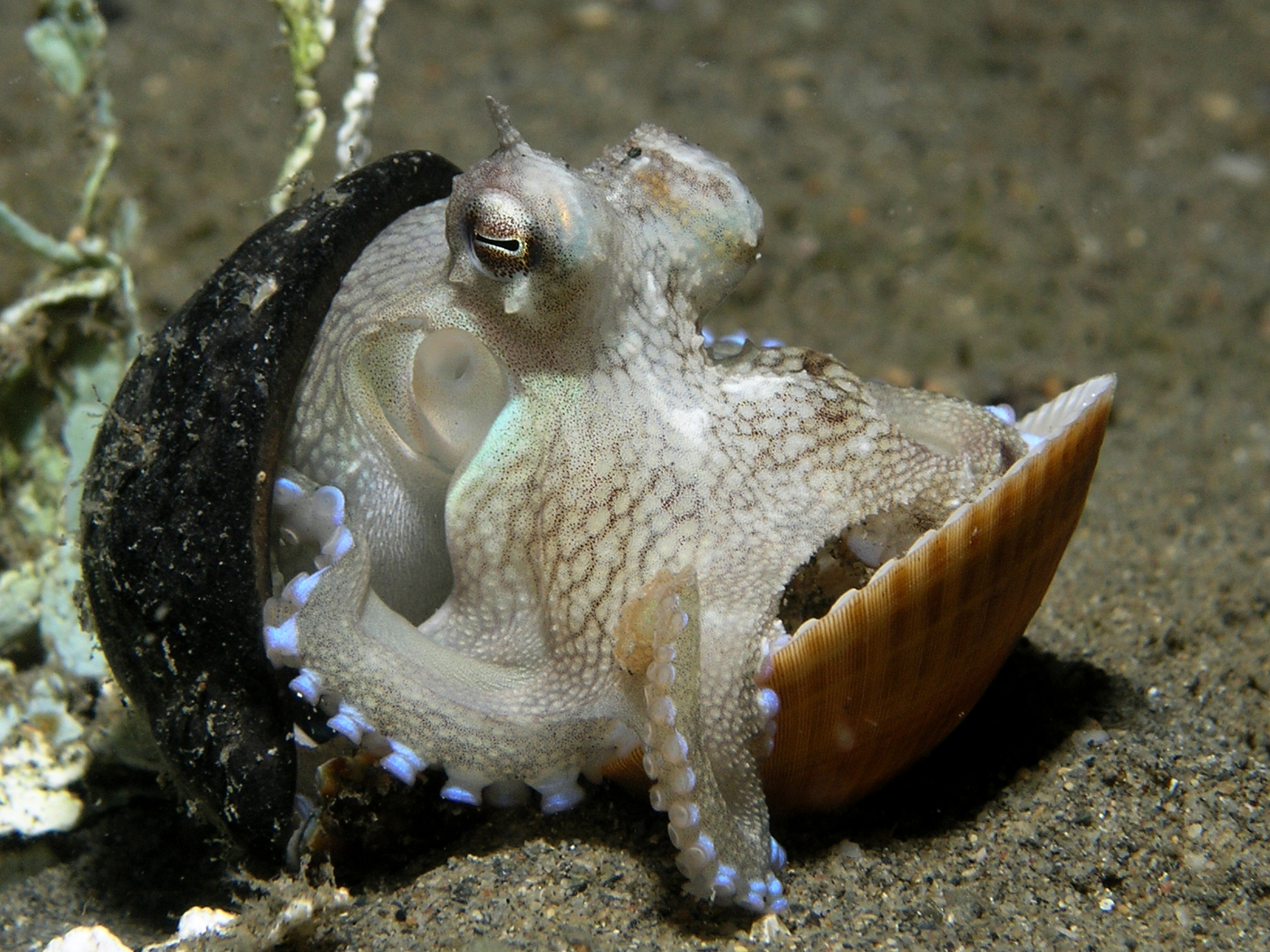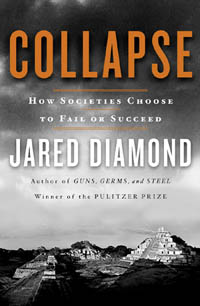Finally, to finish up my Earth Week book reviews, I decided to read a book about some really cool, amazing aspect of God's creation.
Book: Octopus: The Ocean's Intelligent Invertebrate by Jennifer A. Mather, Roland C. Anderson, and James B. Wood
Description: The visually arresting and often misunderstood octopus has long captured popular imagination. With an alien appearance and an uncanny intellect, this exceptional sea creature has inspired fear in famous lore and legends - from the giant octopus attack in 20,000 Leagues Under the Sea to Ursula the sea witch in The Little Mermaid. Yet its true nature is more wondrous still. After decades of research, the authors reveal a sensitive, curious, and playful animal with remarkable intelligence, an ability to defend itself with camouflage and jet propulsion, an intricate nervous system, and advanced problem-solving abilities.
In this beautifully photographed book, three leading marine biologists bring readers face to face with these amazingly complex animals that have fascinated scientists for decades. From the molluscan ancestry of today’s octopus to its ingenious anatomy, amazing mating and predatory behaviors, and other-worldly relatives, the authors take readers through the astounding life cycle, uncovering the details of distinctive octopus personalities. With personal narratives, underwater research, stunning closeup photography, and thoughtful guidance for keeping octopuses in captivity, Octopus is the first comprehensive natural history of this smart denizen of the sea. (from Amazon.com)
My Thoughts: This was a fascinating, well-written book. The authors did a great job of describing the world from an octopus's point of view and why what they do what they do--even if it seems weird to us humans. Octopuses are really amazing creatures: beautiful, unique, and intelligent.
I was really surprised by how little we actually know about octopuses. The authors raised more questions than they answered for a lot of the subjects they brought up.
Octopus was aimed at an impressively large audience, from people who know nothing about biology or octopuses to aquarium workers. Although a few technical terms were used, they were always explained; they cited scientific articles for those interested but also always kept their language very normal.
To finish up: some cool octopus pictures!
 |
| View original image here |
 |
| View original here |



